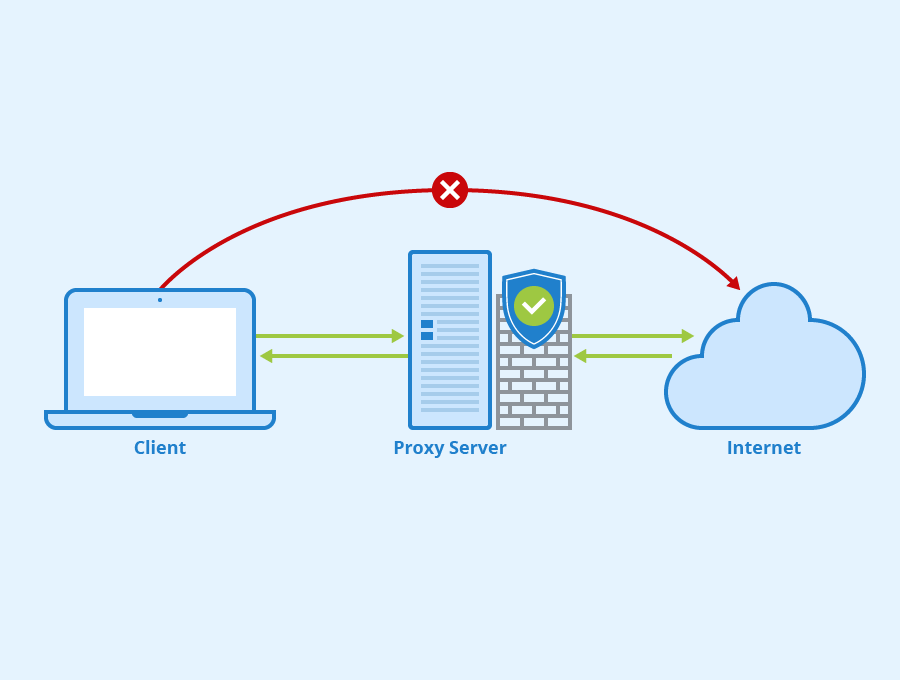Residential Proxies
Allowlisted 200M+ IPs from real ISP. Managed/obtained proxies via dashboard.

Proxies
Residential Proxies
Allowlisted 200M+ IPs from real ISP. Managed/obtained proxies via dashboard.
Residential (Socks5) Proxies
Over 200 million real IPs in 190+ locations,
Unlimited Residential Proxies
Use stable, fast, and furious 700K+ datacenter IPs worldwide.
Static Residential proxies
Long-lasting dedicated proxy, non-rotating residential proxy
Dedicated Datacenter Proxies
Use stable, fast, and furious 700K+ datacenter IPs worldwide.

Web Unblocker
View content as a real user with the help of ABC proxy's dynamic fingerprinting technology.
Proxies
API
Proxy list is generated through an API link and applied to compatible programs after whitelist IP authorization
User+Pass Auth
Create credential freely and use rotating proxies on any device or software without allowlisting IP
Proxy Manager
Manage all proxies using APM interface

Proxies
Residential Proxies
Allowlisted 200M+ IPs from real ISP. Managed/obtained proxies via dashboard.
Starts from
$0.77/ GB
Residential (Socks5) Proxies
Over 200 million real IPs in 190+ locations,
Starts from
$0.045/ IP
Unlimited Residential Proxies
Use stable, fast, and furious 700K+ datacenter IPs worldwide.
Starts from
$79/ Day
Rotating ISP Proxies
ABCProxy's Rotating ISP Proxies guarantee long session time.
Starts from
$0.77/ GB
Static Residential proxies
Long-lasting dedicated proxy, non-rotating residential proxy
Starts from
$5/MONTH
Dedicated Datacenter Proxies
Use stable, fast, and furious 700K+ datacenter IPs worldwide.
Starts from
$4.5/MONTH
Knowledge Base
English
繁體中文
Русский
Indonesia
Português
Español
بالعربية

Datacenter vs Residential Proxies: What are the Differences?
When it comes to web scraping, businesses have two main options for proxy servers: datacenter and residential proxies. Both types of proxies serve different purposes and have their own advantages and disadvantages. In this article, we’ll explore the differences between datacenter and residential proxies and help you determine which one is right for your web scraping needs.
Datacenter proxies are IP addresses that are assigned by datacenters, which are large facilities that house computer servers. These proxies are artificially created and are not associated with an internet service provider (ISP) or a physical address. Because datacenter proxies are not associated with a specific location, they can be used to make multiple requests to a website without raising suspicion.
Residential proxies, on the other hand, are IP addresses that are assigned to real residential homes. These proxies are provided by ISPs and are associated with a specific physical address. Because they are associated with a residential address, residential proxies appear more legitimate to websites and are less likely to be blocked.
So, what are the differences between datacenter and residential proxies?
1. Legitimacy: Residential proxies appear more legitimate to websites because they are associated with real residential addresses. Datacenter proxies, on the other hand, have no physical existence and are less likely to be seen as legitimate by websites.
2. Speed: Datacenter proxies tend to be faster than residential proxies because they are not associated with a physical location. Residential proxies, on the other hand, may be slower because they are associated with a physical address.
3. Cost: Datacenter proxies are typically cheaper than residential proxies because they are artificial and do not require a physical address. Residential proxies, on the other hand, are more expensive because they require the use of a physical address.
4. Security: Residential proxies are more secure than datacenter proxies because they are associated with a physical address and a specific ISP. This makes them less likely to be blocked or detected by websites.
When it comes to SEO, both datacenter and residential proxies can be beneficial. Datacenter proxies can be used to scrape large amounts of data quickly, while residential proxies can be used to appear more legitimate to search engines. Ultimately, the decision between datacenter and residential proxies will depend on your specific web scraping needs.
In conclusion, datacenter and residential proxies serve different purposes and have their own advantages and disadvantages. When choosing between the two, consider factors such as legitimacy, speed, cost, and security. By understanding the differences between datacenter and residential proxies, you can make an informed decision and choose the proxy that is right for your web scraping needs.
Featured Posts
Popular Products
Residential Proxies
Allowlisted 200M+ IPs from real ISP. Managed/obtained proxies via dashboard.
Residential (Socks5) Proxies
Over 200 million real IPs in 190+ locations,
Unlimited Residential Proxies
Use stable, fast, and furious 700K+ datacenter IPs worldwide.
Rotating ISP Proxies
ABCProxy's Rotating ISP Proxies guarantee long session time.
Residential (Socks5) Proxies
Long-lasting dedicated proxy, non-rotating residential proxy
Dedicated Datacenter Proxies
Use stable, fast, and furious 700K+ datacenter IPs worldwide.
Web Unblocker
View content as a real user with the help of ABC proxy's dynamic fingerprinting technology.
Related articles

How does the ChatGPT RAG example improve information processing capabilities
Analyze the actual application scenarios of ChatGPT combined with Retrieval Augmented Generation (RAG) technology, explore its value in knowledge integration and data acquisition, and understand how abcproxy provides underlying support for the RAG system.

How does Best Socks5 Proxy ensure anonymous network needs
This article explores the core value of Socks5 proxy in anonymous networks and analyzes how abcproxy high anonymous proxy meets diverse security needs.

How to remove website access restrictions
This article analyzes the technical principles and mainstream solutions of website access restrictions, and explores the core role of proxy IP in bypassing regional blocking and anti-crawling mechanisms. abcproxy provides multiple types of proxy IP services to help you break through network restrictions efficiently.